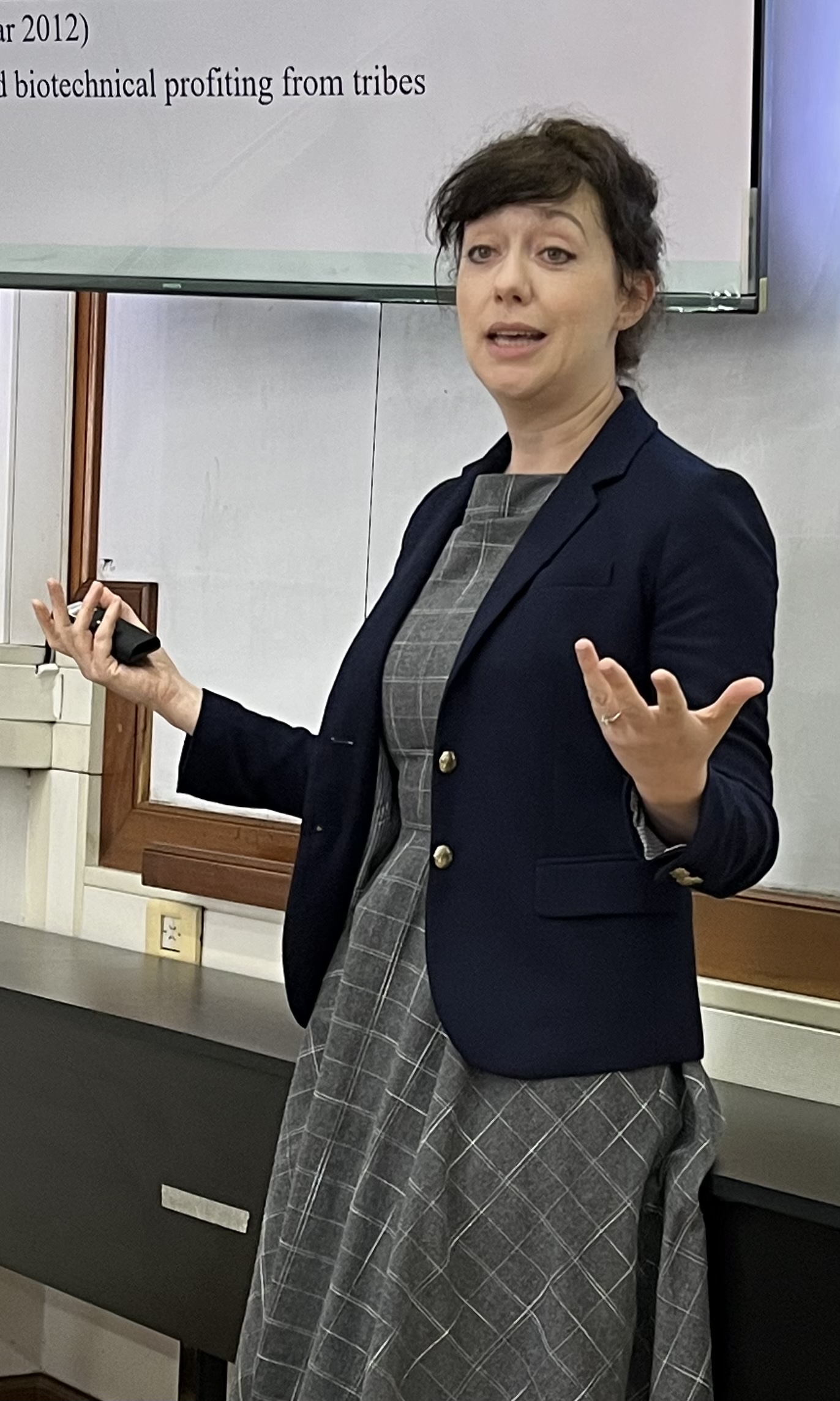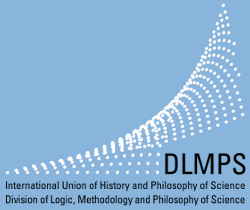
|

|

|
The Significance of Cultural Diversity in Biomedical Science
The need for representation of diverse groups in biomedical research has long been recognized. Actions have been taken for adequate inclusion of women and members of ethnic and racial minorities in clinical trials and biomedical databases. However, focusing on categories such as race, ethnicity, and biological sex runs the risk of overlooking relevant differences which do not align with these categories. This in turn may lead to harmful stereotypes rather than more precise medicine. Cultural diversity has recently been recognized as a relevant aspect of conceptualizing health, illness, wellbeing, and correspondingly health and illness behaviors.
However, Zanting et al. (2020) warn that current Western medical curricula may be misrepresenting cultural diversity by constructing what amounts to an ‘exotic other’ since they overfocus on categories such as religion, nationality, and ethnicity. Intersectional approaches to conceptualizing diversity may fare better. Yet, Zanting et al. argue, they still treat some relevant factors as relatively stable categories, which may lead to treating underrepresented groups as deviant. Instead, Zanting et al. point out, culture is dynamic and its influence on health may shift over time. Thus, conceptualizing diversity in medicine should focus on biological differences and contextual factors.
Conceptualizing illness as a form of deviance and otherness inevitably leads to paternalistic attitudes of well-meaning advocates and medical professionals. Washington (2018) argues that contextualism, which focuses on personal values in determining an individual’s wellbeing, provides a means for minimizing harmful paternalism in psychiatric practice.
With the growing acceptance of the biopsychosocial model of disease, contextualism naturally extends to the larger context of biomedical research and clinical practice. This model has brought about the recognition that lifestyle and social environment are instrumental for disease treatment and prevention as well as maintenance of good health. It follows then, that culture and personal values are integral in shaping health and illness behaviors.
The aim of this symposium is to attract scholars whose research focuses on the representation of marginalized groups (neurodiverse, transgender, indigenous, and migrant, among others) and invite them to explore the role of cultural diversity and contextualism in medical practice and biomedical research.
References
Washington, N. (2018). Contextualism as a Solution to Paternalism in Psychiatric Practice. Philosophy, Psychiatry, & Psychology 25(4), 235-243. doi:10.1353/ppp.2018.0034.
Zanting, A., Meershoek, A., Frambach, J. M. & Krumeich, A. (2020) The ‘exotic other’ in medical curricula: Rethinking cultural diversity in course manuals. Medical Teacher, 42(7), 791-798, DOI: 10.1080/0142159X.2020.1736534






Speakers
-
Yasmin Haddad: The value-ladenness of population descriptors
-
Janella Baxter: Biomedical Colonialism
-
Joanna Malinowska: The invisible colours of racism: on the need to decolonise the concept of racism in biomedical research
-
Bennett Knox: Hermeneutical Pluralism: The Neurodiversity Movement and Psychiatry
-
Sarah Arnaud: First-person perspectives and scientific inquiry of autism: towards an integrative approach
-
Nina Atanasova: The Promise of Big Data to Psychiatry: Precision and Prediction
-
Marianne Broeker: Can an algorithm become delusional? Evaluating ontological commitments and methodology of computational psychiatry
Generously sponsored by:

